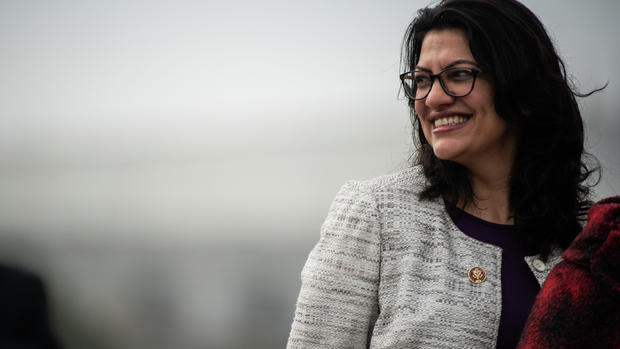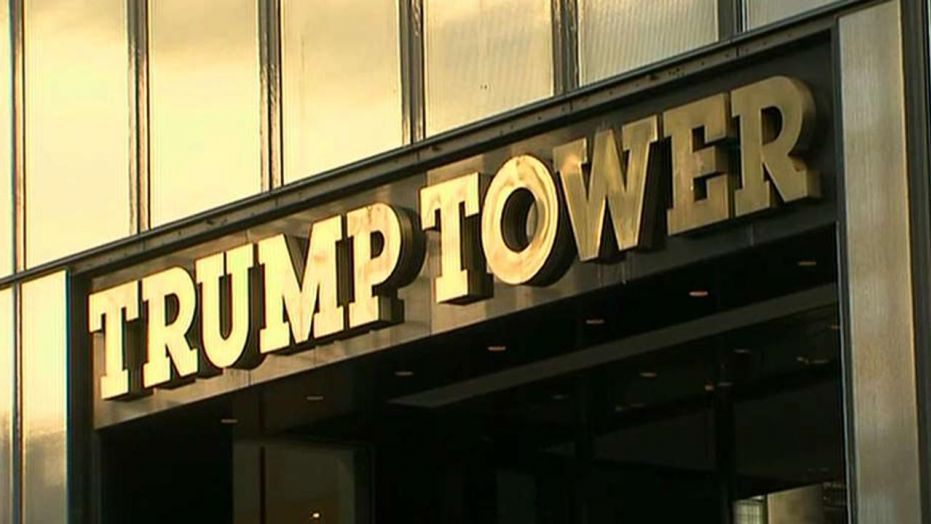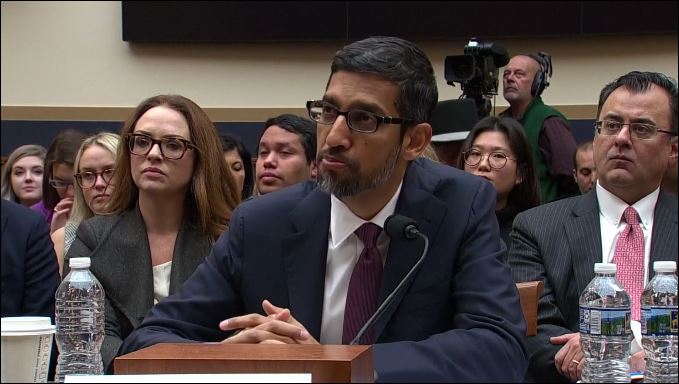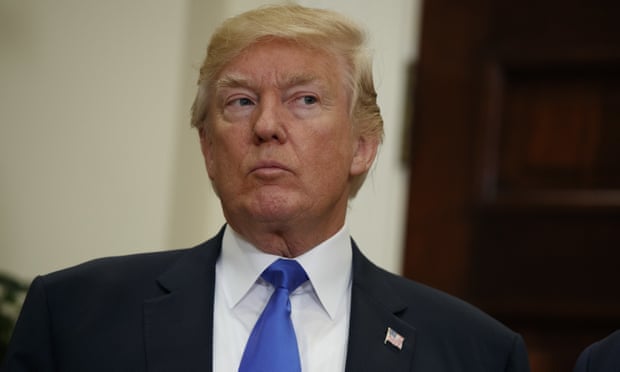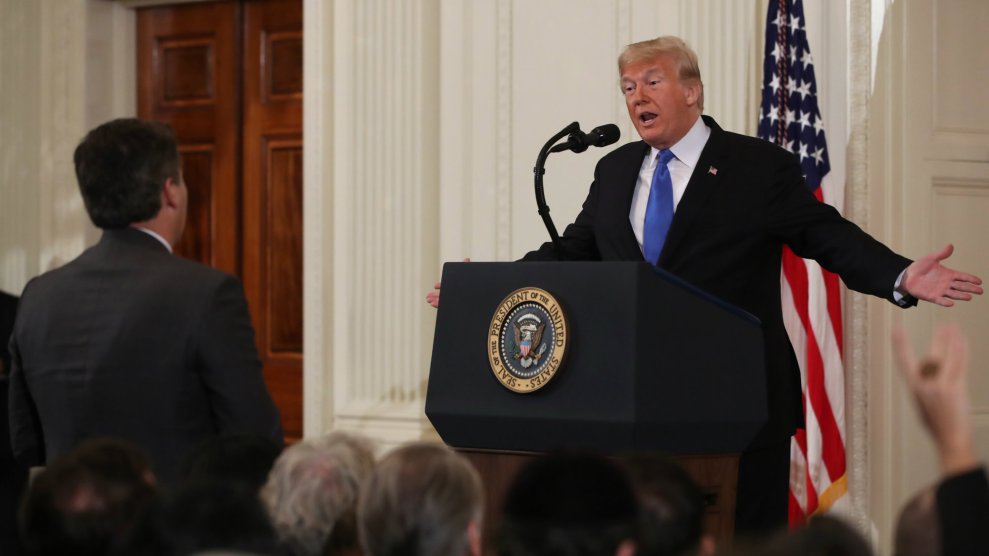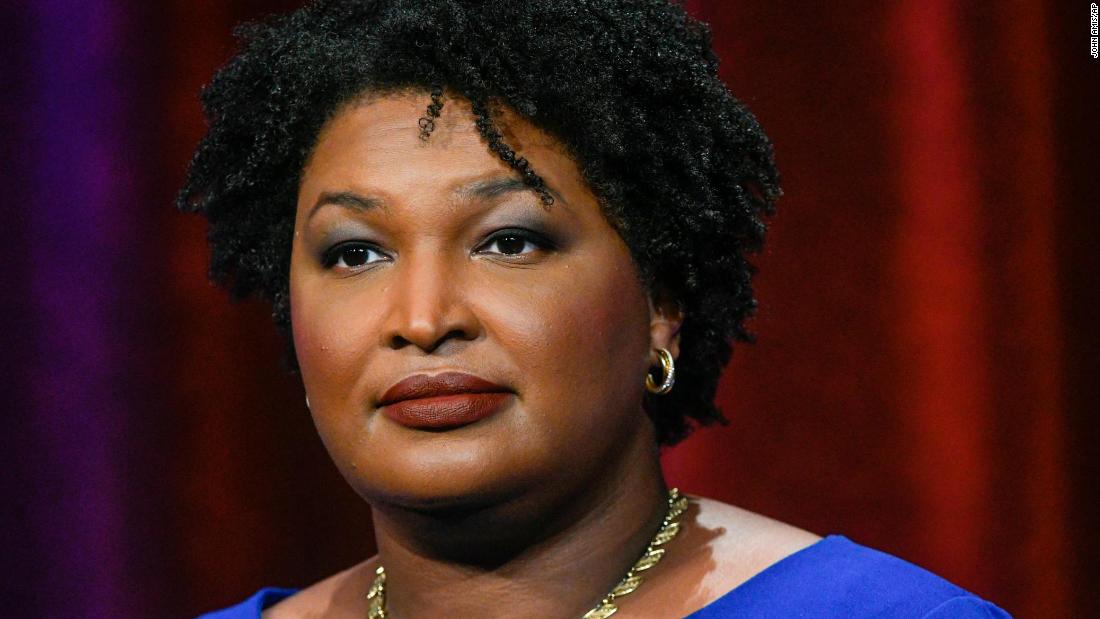If nothing else, the past week has shown that those on the left can be just as short-sighted and ill-advised as those on any other part of the political spectrum. That the forum for these misdeeds is the university make the issues that much more compelling.
I’ve been waging a somewhat lonely campaign to remind my senior students that college is not the place to look for job training. Oh, they might find it there, but too many of them chose the schools that they did because “they could get a good job” if they went there. Far be it from me to argue that there’s no financial reward for going to a university, and a good one at that. My point is that too many young people go off to higher education with dollar signs in their heads. My job is to remind them that they are, in fact, going to a place where the people in charge are experts in their fields and will be asking their students to complete academic work that demands rigor, attention to detail and actual academic skills. As with anything related to young people, they’ll eventually learn the lesson.
It’s too bad, though, that the universities are the ones who have gone soft. This graduation season has seen Brandeis, Rutgers and Smith cave in like an abandoned mine in the face of student protests over who would speak at graduation ceremonies. Other universities chose speakers purposely to avoid controversy. This is terrible. I understand that the students are paying for their education and believe that they should have some control over who ushers them into the working world. But to disqualify the head of the International Monetary Fund or former Secretary of State Condoleezza Rice misses the point of a liberal education. There people have something valuable to say. They’ve been through some of the pivotal events of the century. They’re powerful women, for heaven’s sake. They deserve to be heard. Shame on the universities who gave in.
As if that wasn’t bad enough, along comes another new concept on the campuses called “trigger warnings.” No, these have nothing to do with guns, but, rather, are a device to let students know that what they are about to read, hear, see or study might offend one or more of their sensibilities. An example:
The most vociferous criticism has focused on trigger warnings for materials that have an established place on syllabuses across the country. Among the suggestions for books that would benefit from trigger warnings are Shakespeare’s “The Merchant of Venice” (contains anti-Semitism) and Virginia Woolf’s “Mrs. Dalloway” (addresses suicide).
I can certainly understand giving students a warning for graphic violence or scenes of genocide or rape, but there is something to be said for surprise or initial reactions or confusion or disbelief when you read or hear something jarring for the first time. That’s part of learning and being aware of one’s own reactions in social or academic situations. And how does one adequately write a policy that covers every eventuality? Didn’t colleges try to do that in the 90s with speech codes? Those didn’t work out so well. I can’t see this working out well either.
Students want to be safe, but learning is not always safe. It’s supposed to be challenging, upsetting, rewarding, fun and, yes, life-altering. Blocking graduation speakers and warning students about some content but not other content is a recipe for intolerance. That’s not right.
Register your comments at www.facebook.com/WhereDemocracyLives and on Twitter @rigrundfest

